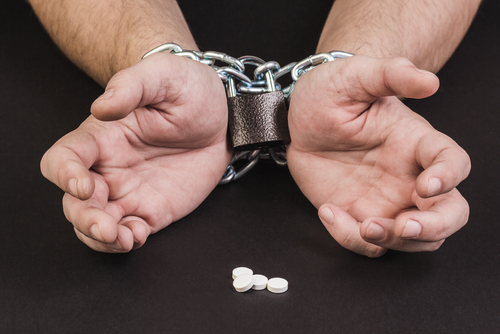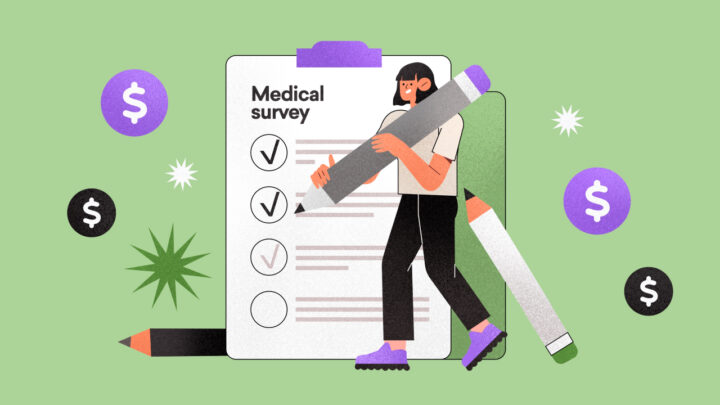
Suboxone is a medication used to treat opioid dependence. It’s considered a “partial opioid agonist,” which means it produces a milder form of the opioid effects without getting the user high. Many clinical trials have shown that in both inpatient and outpatient settings, patients are more likely to follow recovery treatment if they’re taking Suboxone than receiving no medication at all.
A physician on Sermo recently posed a specific question to peers: “should inmates/patients be allowed to continue their medication assisted treatment [of Suboxone] while in jail?”
76 percent of respondents said yes, patients who are jailed for a short term (eg. several days to a few months) should be allowed to continue their treatment.
Discontinuing treatment would throw patients into withdrawal and increases the patient’s chances of relapsing after release:
“To throw someone into withdrawal, it just reinforces… the drug habit.” – Family Medicine
“The disruption in treatment would be shortsighted and criminal. It is akin to stopping chemo. The patient would fare poorly while incarnated possibly try to use contraband drugs, and likely relapsed when bailed or released.” – Psychiatry
“I think jail is bad enough without adding all these people withdrawing and the guards, who are not trained, managing them.” – Ophthalmology
Are you a doctor? Join Sermo to join the conversation about the opioid crisis with doctors around the world!














